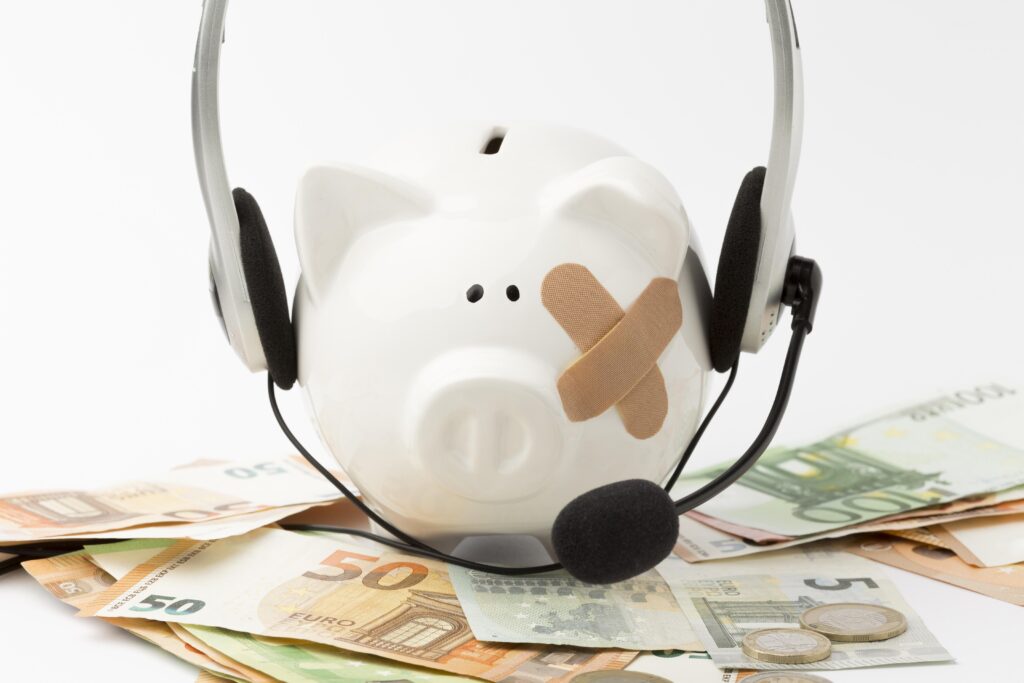No one likes to think about medical emergencies. But if there’s one thing life has taught us, it’s that health surprises can hit when we least expect them, and they often come with a price tag.
Whether it’s a sudden surgery, a long hospital stay, or ongoing treatment for an unexpected diagnosis, medical expenses can drain your savings fast if you’re not prepared.
The good news? With a little foresight and planning, you can cushion the financial blow and protect your future.
Here’s how to start.
1. Build a Dedicated Emergency Fund

This is your first and most important layer of protection. Your emergency fund should ideally cover 3 to 6 months of living expenses—and include a buffer for medical costs.
If you’re starting from zero, aim for just $500 or $1,000 at first. Keep it in a high-yield savings account that’s easy to access in a pinch but separate from your everyday spending.
Pro tip: Label it “Medical + Life Emergencies” to remind yourself what it’s for.
2. Know Your Health Insurance Inside and Out
If you have health insurance, don’t just pay the premiums… understand what it actually covers.
Make sure you know:
- Your deductible (what you pay before insurance kicks in)
- Co-pays and co-insurance
- Out-of-pocket maximum
- What’s considered in-network vs. out-of-network
If you’re self-employed or uninsured, research local healthcare plans, health-sharing programs, or even short-term policies that can reduce the financial shock of a big bill.
3. Open a Health Savings Account (HSA) or Medical Fund
If you’re eligible, an HSA is one of the most powerful tools for managing healthcare costs. Your contributions are tax-deductible, your money grows tax-free, and withdrawals for medical expenses are also tax-free.
Even if you don’t have access to an HSA, you can still create your own “health fund” by setting aside a fixed amount every month into a separate account meant for future medical costs.
4. Plan for Routine and Preventive Care Too
Not every medical bill comes from emergencies. Annual checkups, dental work, eyeglasses, or prescriptions all add up.
Include these in your monthly or yearly budget so they don’t feel like surprise expenses when they pop up.
If you wear glasses, for example, start budgeting early in the year so when it’s time for new lenses, you’re ready.
5. Consider Supplemental or Critical Illness Insurance

If you have a family history of chronic illness or if you’re the sole breadwinner, look into additional insurance plans like:
- Critical illness insurance
- Disability insurance
- Accident coverage
These aren’t always necessary for everyone, but in the right scenario, they can cover expenses regular health insurance won’t touch.
6. Negotiate and Ask Questions
Don’t assume a medical bill is final. Many hospitals and clinics will offer:
- Payment plans with little or no interest
- Discounts for paying cash upfront
- Reduced fees if you’re uninsured or low-income
Always ask: “Is there any way to lower this bill?” You’d be surprised how often the answer is yes.
7. Stay Ahead With Preventive Health Habits
This may not sound financial, but it is. Eating well, staying active, managing stress, and getting regular checkups can prevent more expensive problems down the line.
Investing in your health today is one of the smartest ways to avoid big expenses tomorrow.
Final Thoughts
No one plans to get sick or injured, but you can plan to stay financially ready when life throws a curveball. Start small. A few smart steps today can mean peace of mind tomorrow.
You’ll never regret being financially prepared for the unexpected.
Want help building a more secure financial future—no matter what life throws at you?
Dive into our Financial Freedom Bundle to get practical tools that help you build wealth and protect what matters.